Story highlights
Contributors assess the speeches on the third and final night of the DNC
LZ Granderson: Obama speech a reminder that he relates to the little guy
Anne-Marie Slaughter: The real Obama doctrine is: 'With power comes responsibility'
Donna Brazile: Obama pushed message that Americans' fortunes are intertwined
The third and final night of the Democratic National Convention in Charlotte, North Carolina, featured speeches by President Obama and Vice President Joe Biden. The following contributors offered their assessments.
LZ Granderson: Obama showed what he knows about fighting for the little guy
President Obama did not promise heaven and earth, as he did four years ago. And it’s a good thing because I doubt many would have believed him. Instead last night’s speech at the Democratic National Convention served as a reminder that beyond the soaring rhetoric and heartwarming smile is a man whose entire adult life has been about fighting for the little guy. Not to win elections mind you, but because he was once a little guy himself and he comes from a hardworking, middle class – and diverse – family.
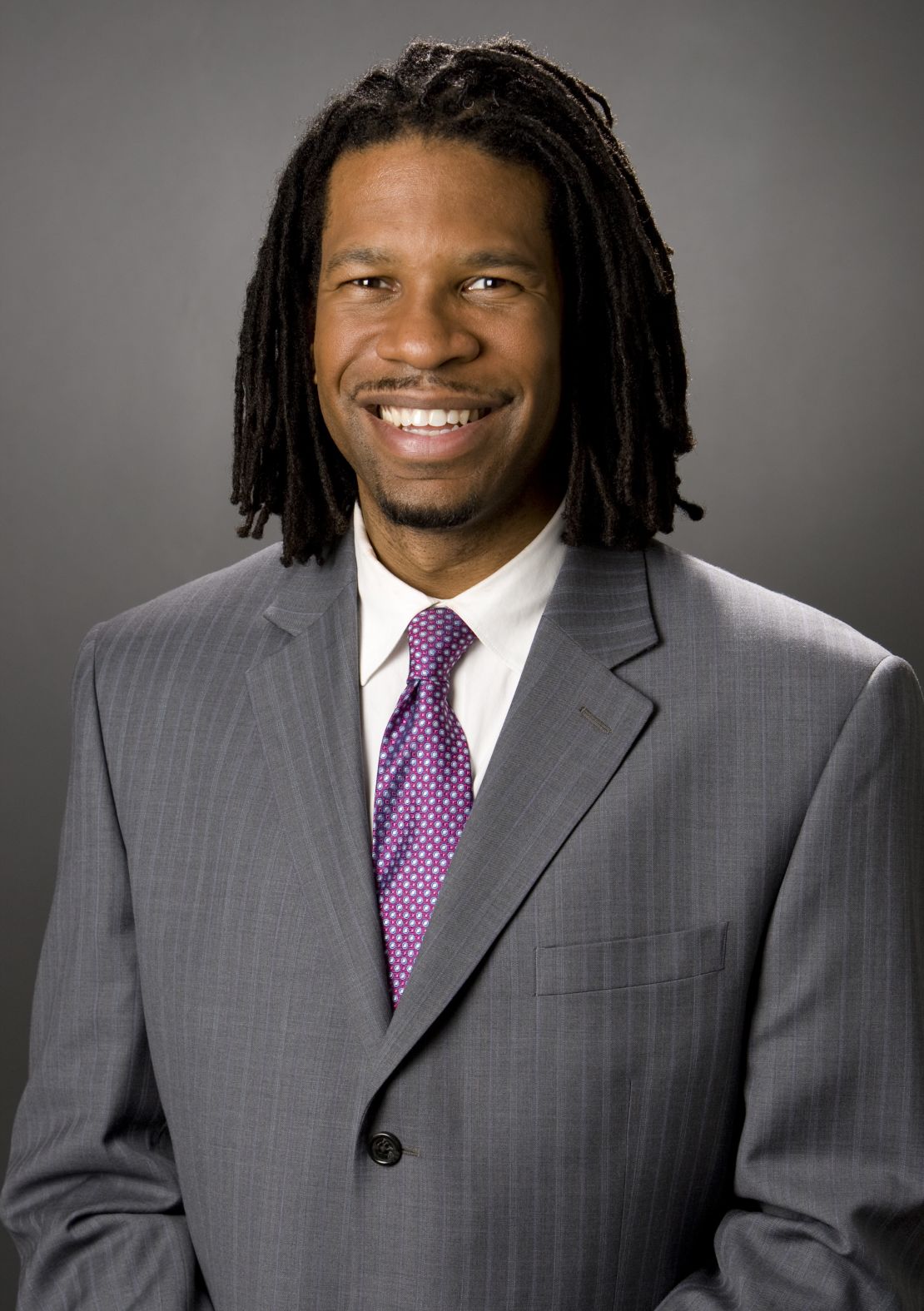
In that context he talked about the importance of establishing policies that are designed not to carry people but to lend a helping hand when needed. He emphasized education and the impetus behind health care reform.
True, he had some great zingers about the Romney/Ryan lack of foreign policy experience, but to me the most important part of the speech was that he took the notions of citizenship and change and gave them new life, reminding people of the changes they’ve already made together by voting for him and the changes that will come in a second term. It may not have been his best speech, but it was his best message.
LZ Granderson, who writes a weekly column for CNN.com, was named journalist of the year by the National Lesbian and Gay Journalists Association and is a 2011 Online Journalism Award finalist for commentary. He is a senior writer and columnist for ESPN the Magazine and ESPN.com. Follow him on Twitter: @locs_n_laughs
Analysis: Obama hit the marks he needed to
Anne-Marie Slaughter: The real Obama doctrine: ‘With power comes responsibility’

The key line for me of Barack Obama’s 2009 inaugural address was when he called for “a new era of responsibility – a recognition on the part of every American that we have duties to ourselves, our nation and the world.” As a parent who spends a lot of time trying to drum into my sons that they have to take responsibility for their actions, failures as well as successes, I thought to myself: “Barack Obama had a good mother!”
But this theme recurs again and again, so much so that I have long said that the real Obama doctrine in international affairs is from Spiderman: “With power comes responsibility.” His consistent message to other nations is that if they seek the benefits of being a great power, they must also accept the obligations of upholding global order and playing by global rules.
That same philosophy came through strongly in his convention speech last night. The speech really took off when he stopped ticking off points aimed at various constituencies and started talking about citizenship: his fundamental conviction that Americans have responsibilities as well as rights; that it is up to us to govern ourselves and not just to expect government to provide for us. He has a deep commitment to the social contract as a contract, with mutual obligations on both sides.
When he turned to foreign policy, what struck me most was that he never talked about “winning two wars,” but rather “ending them.” He was willing to face up to his responsibility as commander in chief, to recognize the full cost of lives ended and changed forever and to stare down the unavoidable truth that Iraq and Afghanistan are not wars that we can “win” in the traditional sense of vanquishing an enemy and going home. He has thus decided that his responsibility to our soldiers is to bring them home as quickly and safely as possible.
But what is our responsibility to the people of Afghanistan who have relied on us and had their lives changed profoundly by us for over a decade? To the people of Iraq? And going forward, what is the responsibility of the United States and other great powers not to the abstraction of international order but to the brutal and concrete reality of hundreds and even thousands of Syrians killed every day? Those are questions that a second Obama administration will have to answer.
Anne-Marie Slaughter is a professor of politics and international affairs at Princeton University. She curates foreign policy on Twitter at: @slaughteram
Ana Navarro: We’re in for a heck of a ride

The Democrat Convention versus the Republican Convention…where shall I begin? Republicans were organized, methodical and formal. Democrats held a convention that was at most times barely controlled chaos, but it had a lot of energy and soul. It was political Mardi Gras.
The two very different conventions featured dramatically different nominees. Mitt Romney’s speech was focused on introducing Mitt Romney to the nation. His acceptance speech was meant to tell us who he is, what has shaped him and what’s in his heart. That’s what he needed to do. Americans did not know much about him before the convention and before we trust him, we have to know him.
Barack Obama’s speech was not an introduction. We know him already. It was a reminder of what he stands for. He admitted it hasn’t been quick or pretty, but he’s a president and commander in chief in control. That’s what he needed to do. Four years go, Barack Obama was America’s hope for change. Today, keeping Americans hopeful is his only hope for re-election.
I attended both conventions. Actually, it would be more accurate to say I survived both conventions and have lived to tell the story.
I hate to admit it, but if the presidential race was solely based on who had the better convention, Mitt Romney would be gasping for air. But it’s not. The debates and political advertising war are the other two legs of this stool. The conventions mark the start of the sprint to the finish. The two horses are now out of the gate, and we’re in for a heck of a ride.
Ana Navarro, a Republican strategist and commentator, served as national Hispanic campaign chairwoman for John McCain in 2008 and national Hispanic co-chair for Jon Huntsman’s 2012 campaign.
Opinion: We’re in for a heck of a ride
Robert Dallek: Expect to see a clear uptick
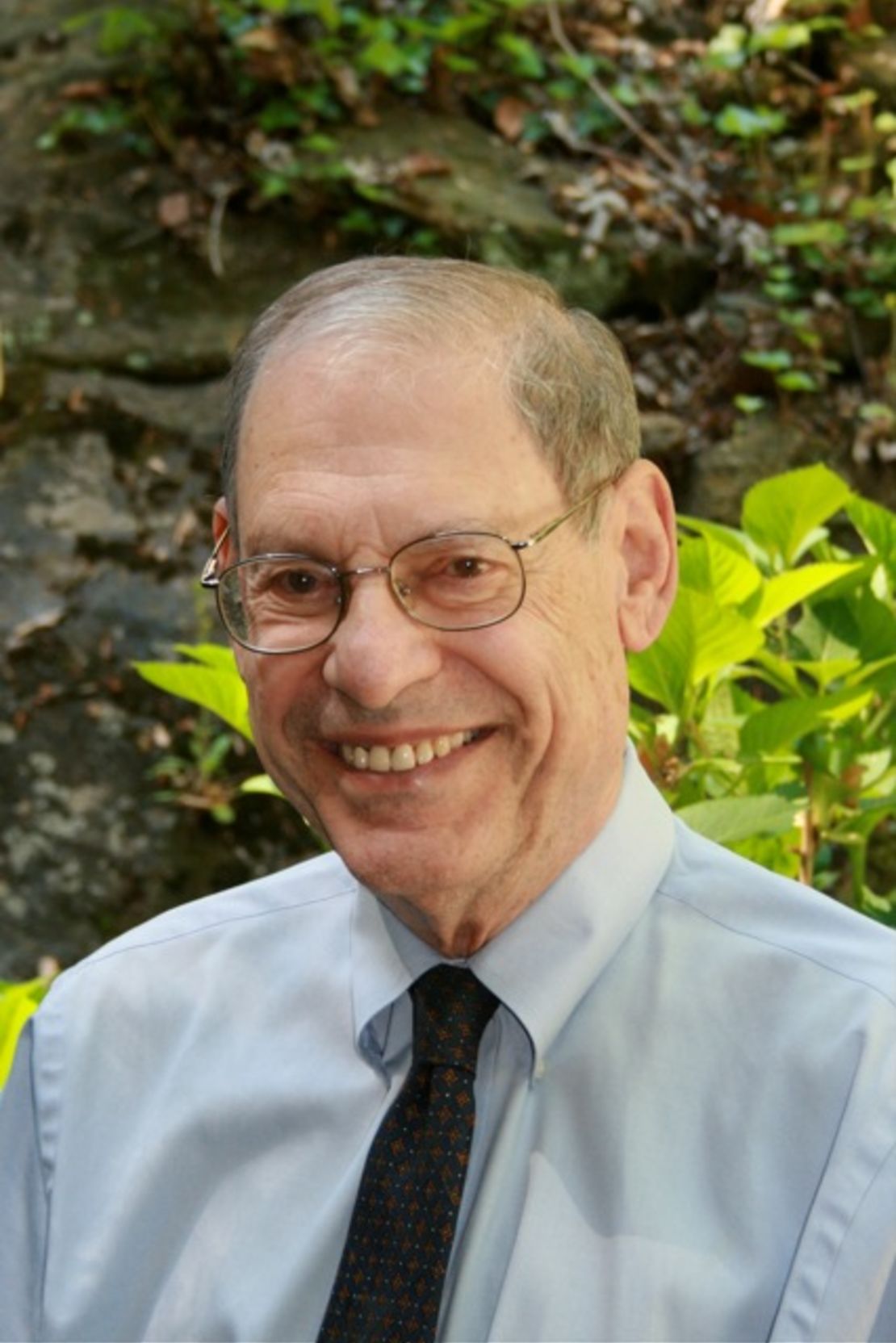
The Democratic convention was notable for the stirring speeches, especially by Bill Clinton, President Barack Obama, Michelle Obama and Elizabeth Warren. The speeches underscored two fundamental truths about current and recent American politics.
First, that winning elections and commanding public backing for a national agenda are dependent on a president’s personal appeal or, perhaps better stated, likability. It was a compelling feature of these convention talks. The most successful presidents of the last century were those who created personal connections to the public: Theodore Roosevelt, Franklin Roosevelt, Harry Truman in 1948, John F. Kennedy and Ronald Reagan. “I miss the way your husband used to speak to me about my government,” someone told Eleanor Roosevelt after FDR died. In a recent poll, JFK and Reagan had approval ratings of 85% and 74%, respectively.
A second distinguishing feature of these convention speeches was the emphasis on government’s vital role in advancing the national well-being. All these speakers made the case for the government’s part in promoting economic expansion and improving the quality of life for millions and future generations of Americans.
Anyone who took note of how the New Orleans’ levees built by the Army Corps of Engineers at a cost of $11 billion preserved the city from another disaster or read the news about the federally financed genome project that is bringing us closer to understanding the origins of many diseases would look foolish disputing the value of government.
It’s difficult to imagine that President Obama and the Democrats won’t see a clear uptick in standing from the style and substance of these speeches.
Presidential historian Robert Dallek is completing a book on John F. Kennedy and his advisers.
Donna Brazile: A message for citizens: You don’t walk alone
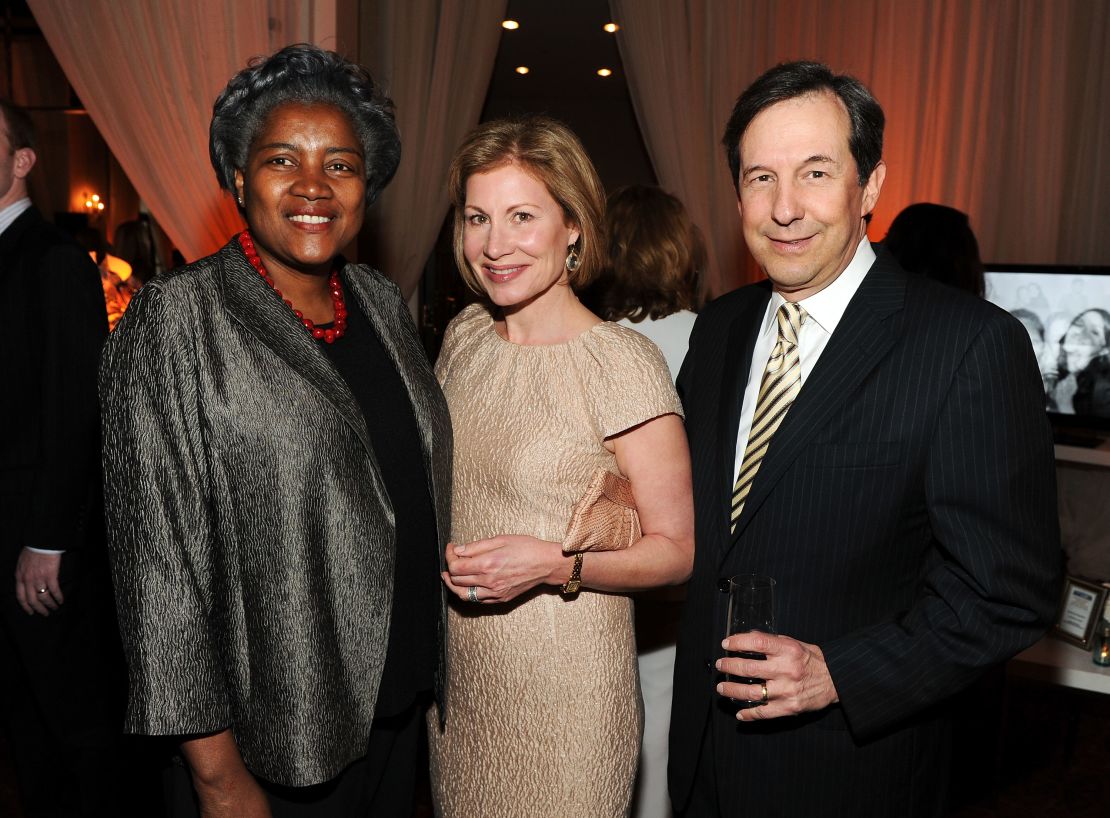
This week, former President Bill Clinton said that no president could have fully repaired in just four years the damage President Obama inherited. The American people recognize that. They know just how deep was the financial void and pervasive the virus of despair.
They seem willing to concede that President Obama has done a lot: brought us out of the Great Recession – and out of Iraq. As Vice-President Biden said, “GM is alive and Bin Laden is dead.” Indeed, by any objective standard, President Obama has accomplished a lot. Considering the petty and intractable Republican opposition to every initiative and idea, it’s remarkable, almost miraculous that we now have a reformed student loan system, renewed Wall street regulations and economic growth, and, oh, yes, Obamacare.
Still, we are not where we want to be or need to be. The recovery is slower than anyone wants. So the president had to answer a fundamental question: We know where we’ve been, but as the Rev. Martin Luther King Jr. once asked, where do we go from here?
Last night, President Obama answered that question. He told us that hope is a hard path, but it is a righteous path to dignity. He told us that it is a path each of us must walk by ourselves, but that none of us can walk alone because at one time or another, we’ll all stumble or stub our toe along the way.
I came away from the president’s speech inspired, because he didn’t flinch from the truth: “America, I never said this journey would be easy, and I won’t promise that now. Yes, our path is harder, but it leads to a better place.”
President Obama gave us a map: “We celebrate individual initiative, but we also believe in something called citizenship. As citizens, we understand that America is not about what can be done for us. It’s about what can be done by us, together, through the hard and frustrating but necessary work of self-government.”
The president told us, rightly, that the easy way is to go back, to look for shortcuts, or to stop when the path up is a little steeper than we expected.
So, did he give us a vision for the future? Read these words, and you tell me:
“…we travel together. We don’t turn back. We leave no one behind. We pull each other up. We draw strength from our victories, and we learn from our mistakes…knowing that Providence is with us.”
Donna Brazile, a CNN contributor and a Democratic strategist, is vice chairwoman for voter registration and participation at the Democratic National Committee. She is a nationally syndicated columnist, an adjunct professor at Georgetown University and author of “Cooking with Grease.” She was manager for the Gore-Lieberman presidential campaign in 2000.
Opinion: Obama speaks to Americans as adults
Alonzo Hamby: Soaring rhetoric, but short of details on economic recovery
No better orator has ever held the presidency.
Barack Obama expressed a current of populism that has popped up again and again through the long history of the Democratic Party. He sees a long-running social conflict: the virtuous people versus oppressive special interests motivated by greed. He casts his lot with the people.
To sophisticates, such a view may seem hopelessly simplistic. To many believing Democrats, it is a self-evident truth, proclaimed in the past by leaders from Andrew Jackson through George McGovern and Jimmy Carter. To President Obama, a man of humble origins, it is an article of faith. The convention delegates will leave Charlotte in a state of exhilaration.
What was missing was hard, detailed talk about the continuing weak economy and a plan for full recovery. Nor was there even a cursory recognition of the nation’s unsustainable entitlement programs. Or of a mounting national debt that needs to be controlled before we find that we have more in common with Greece than we like to believe. Is it possible to manage these threats without more pain than we want to endure?
Any fair-minded critic must congratulate the President on his soaring rhetoric. And admit that the Republicans have their own cherished wishful myths. One can only hope against hope that the coming campaign will be more than another act in the dreary political spectacle thus far presented to us by both parties.
Alonzo L. Hamby, the Edwin and Ruth Kennedy Distinguished professor of history at Ohio University, has written extensively on Harry Truman, Franklin D. Roosevelt and 20th century American politics.
Timothy Stanley: GOP can breathe a sigh of relief
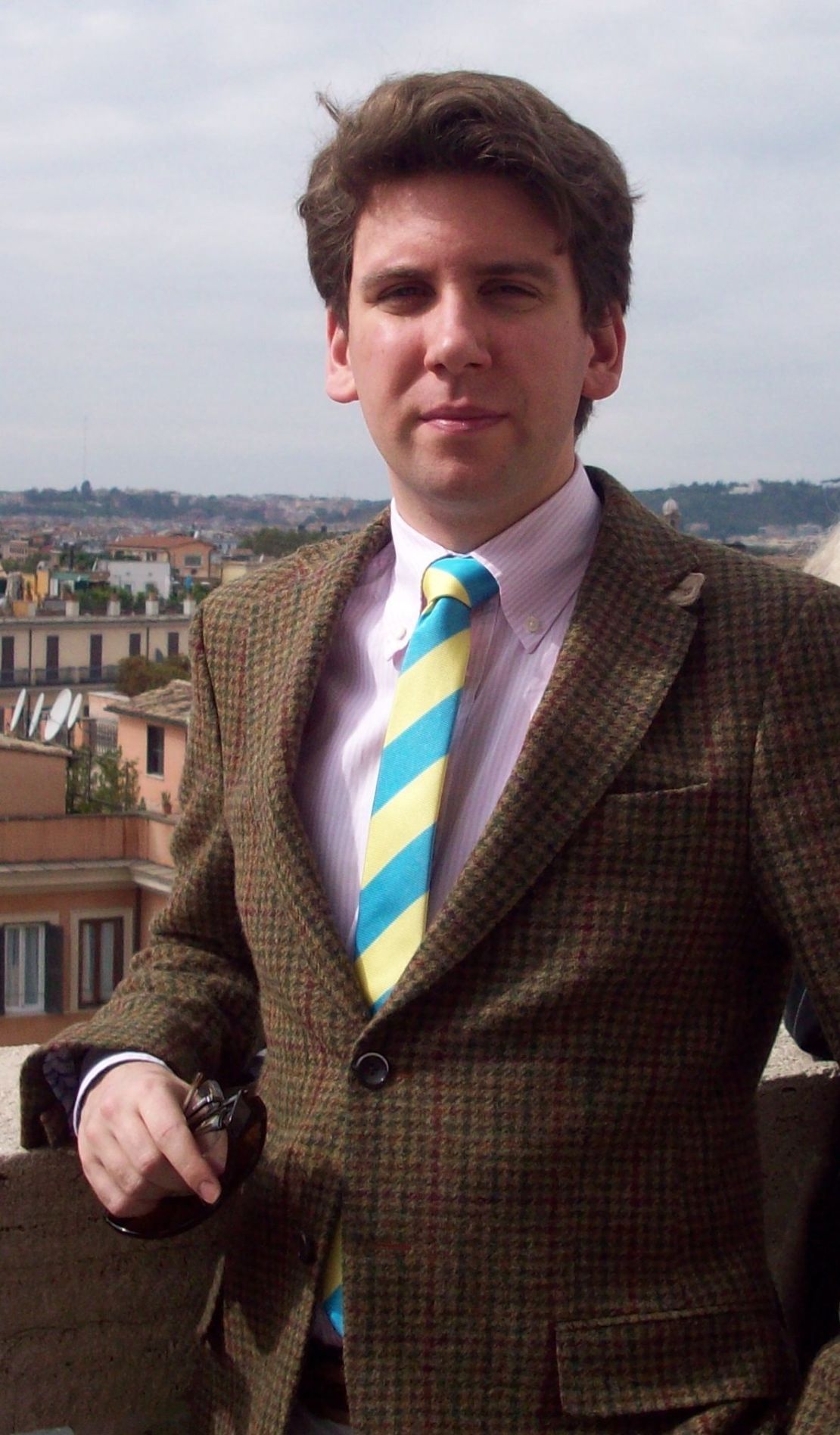
Barack Obama gave one of the weaker speeches of his national political career as the Democratic convention wrapped up last night. The standard had been set too high by what came before. Michelle Obama did a fantastic job of personalizing the issues, Bill Clinton was a warm reminder of happier times, and even Joe Biden impressed with his rip-roaring revival of New Deal themes.
What the audience probably expected from the president was something personal, a plea to stick with him through troubled times, colored by reflections on his youth and family. Instead the speech opened with a shopping list of promises delivered too fast with too little passion. The middle passages satirizing the GOP as the party that wants “a freedom without love or charity or duty or patriotism” were more effective. The finale came close to rousing, but without the same thematic unity or strength of the old “audacity of hope.”
The tone was of a State of the Union rather than a stump speech. Perhaps the president calculated that he didn’t need a game-changer. Given his residual strength in the polls, he might be right. But the GOP campaign can breathe a sigh of relief. Obama didn’t entirely shame them.
Timothy Stanley is a historian at Oxford University and blogs for Britain’s The Daily Telegraph. He is the author of “The Crusader: The Life and Times of Pat Buchanan.”
Ruben Navarrette: Obama asks for more time
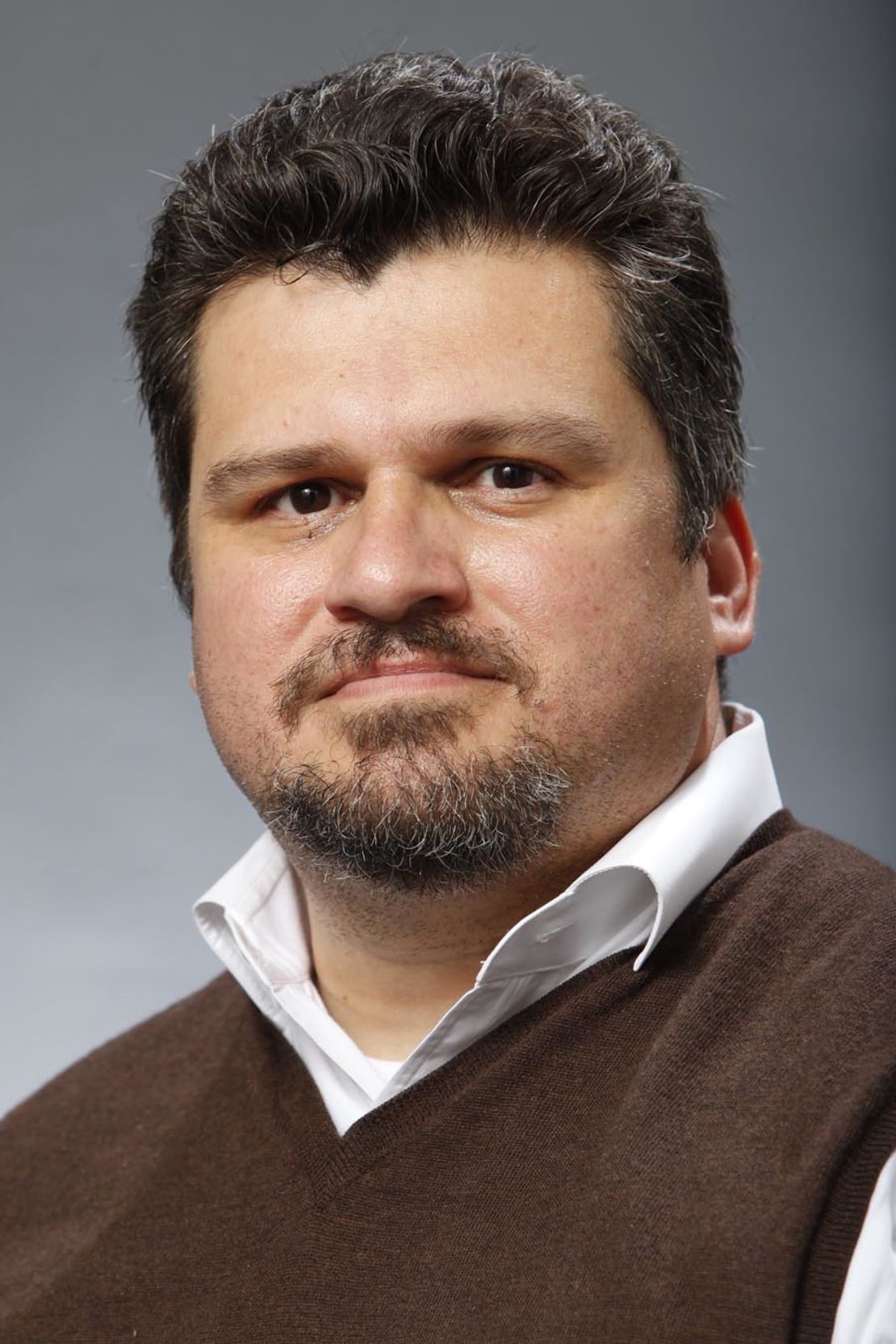
How’s this for a bumper sticker slogan: “Barack Obama can heal what ails America. He just needs more time.”
How much time? It’s hard to say. “The truth is,” Obama said in his acceptance speech Thursday night, “it will take more than a few years for us to solve challenges that have built up over decades.”
How much time? Another four years should do the trick. In 1992, Democrats were eager to oust George H.W. Bush. In 2008, they couldn’t wait to turn the page and replace George W. Bush. On both occasions, they were counting on Americans being impatient for things to improve. They were the ones saying: “Time’s up. You’ve done enough damage. You’ve got to go.”
Now that the election is on the other foot, Democrats are pleading for patience and asking Americans for an extension on their lease. “We draw strength from our victories,” Obama told the delegates. “And we learn from our mistakes.” Obama has made plenty of mistakes. Perhaps the biggest blunder was waiting more than a year before prioritizing what is, for many Americans, the No. 1 issue: jobs and the economy.
But has Obama really learned from his mistakes? That’s hard to say since, like his Republican predecessor, he rarely admits to making any. What assurance do voters have that, if they roll the dice again, and give the president more time to accomplish his goals, that our situation will improve? And how can they be sure things won’t get worse?
You won’t find the answers to those questions in Obama’s speech. It was heavy on grand promises and flowery rhetoric – but light on guarantees.
Ruben Navarrette is a CNN contributor and a nationally syndicated columnist with the Washington Post Writers Group.
Alan Brinkley: Obama’s emotional appeal to swing states
This was a pretty good night for the Democrats. Joe Biden, not often thought of as a great orator, gave a somewhat hammy but very effective and emotional speech that roused the audience. Obama hasn’t shown much emotion in public for a long time, perhaps ever, and I was surprised not only by how good a speech he made, but moreover, by how powerful the speech was.
Not since his first campaign has he spoken like this, like a preacher, and he even showed some humility, something we rarely see. Whether this will work for voters I don’t know, but it certainly excited the Democrats. But what tonight was really about is something that should be very obvious: Ohio and Michigan, the two states that could assure his re-election.
That’s why both Biden and Obama spoke so much about workers, and about automobile workers. For the sake of increasing their appeal in Florida and Virginia, they also spoke a good deal about soldiers. A smart decision if it works.
Alan Brinkley is the Allan Nevins professor of history at Columbia University.
Julian Zelizer: Good convention; now to convince voters he can fix economy
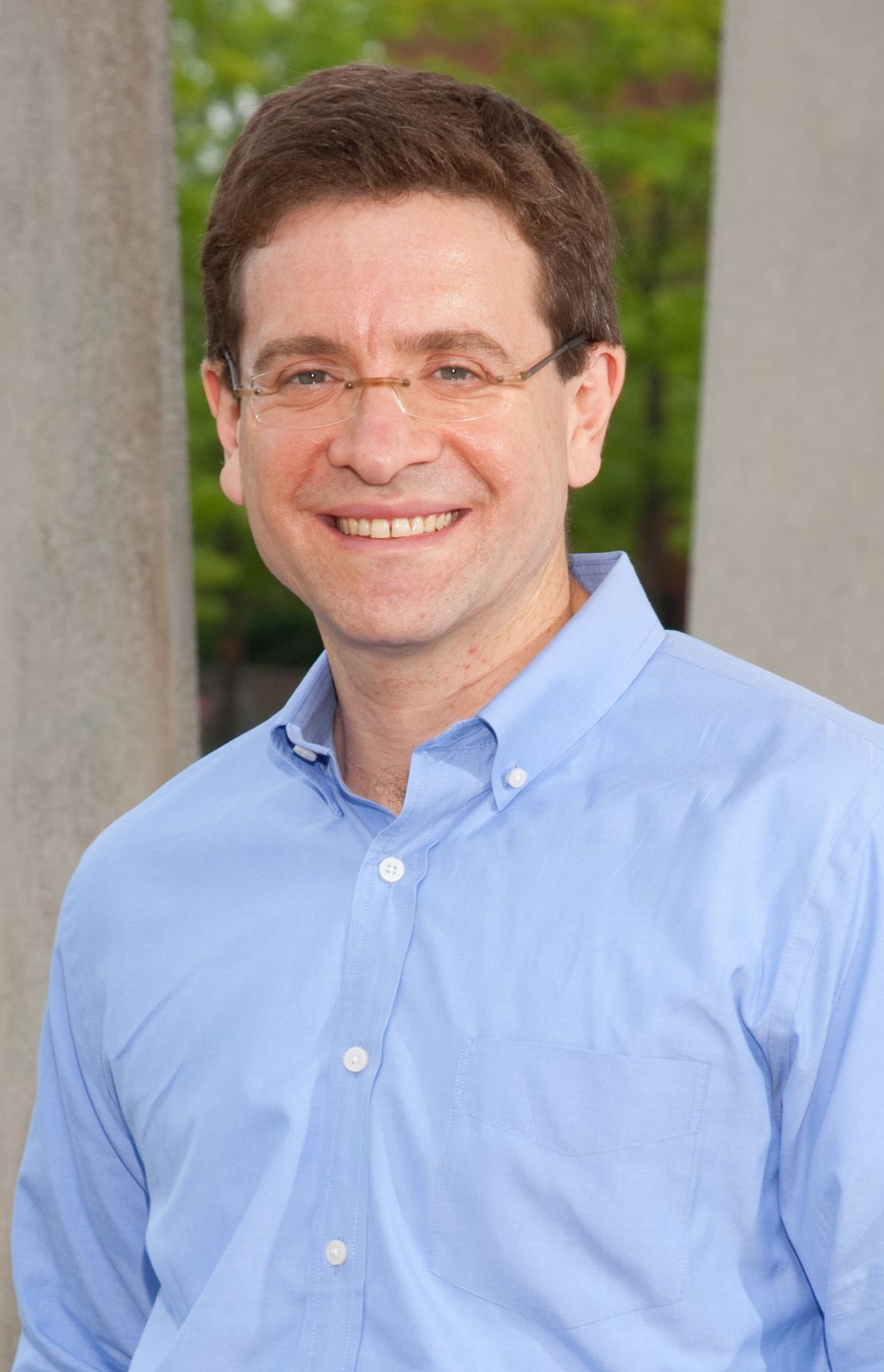
Democrats completed a relatively successful convention. Building on former President Bill Clinton’s blistering speech Wednesday night, Democrats sent out a clear message that they are the party of the middle class and, more importantly, that giving President Obama one more term will allow him to complete his work on the economic policies which, they say, are on the cusp of succeeding. “The path we offer may be harder, but it leads to a better place,” the president said. Democrats presented the GOP as a party that is stuck to worn out ideas about supply side economics that will produce a repeat of 2008 rather than a resolution to the economic crisis this nation faces.
The problem for Obama, however, is an economy which remains sluggish and where there is little evidence of a strong revival. As long as the middle class is anxious and insecure, Democrats will have to struggle to convince voters in the crucial swing states that they should get four more years to make these policies work.
Julian Zelizer is a professor of history and public affairs at Princeton University. He is the author of “Jimmy Carter” and of the new book “Governing America.”
News: Obama urges voters to secure the change he started
Ilyse Hogue: A bid to win the election back from special interests
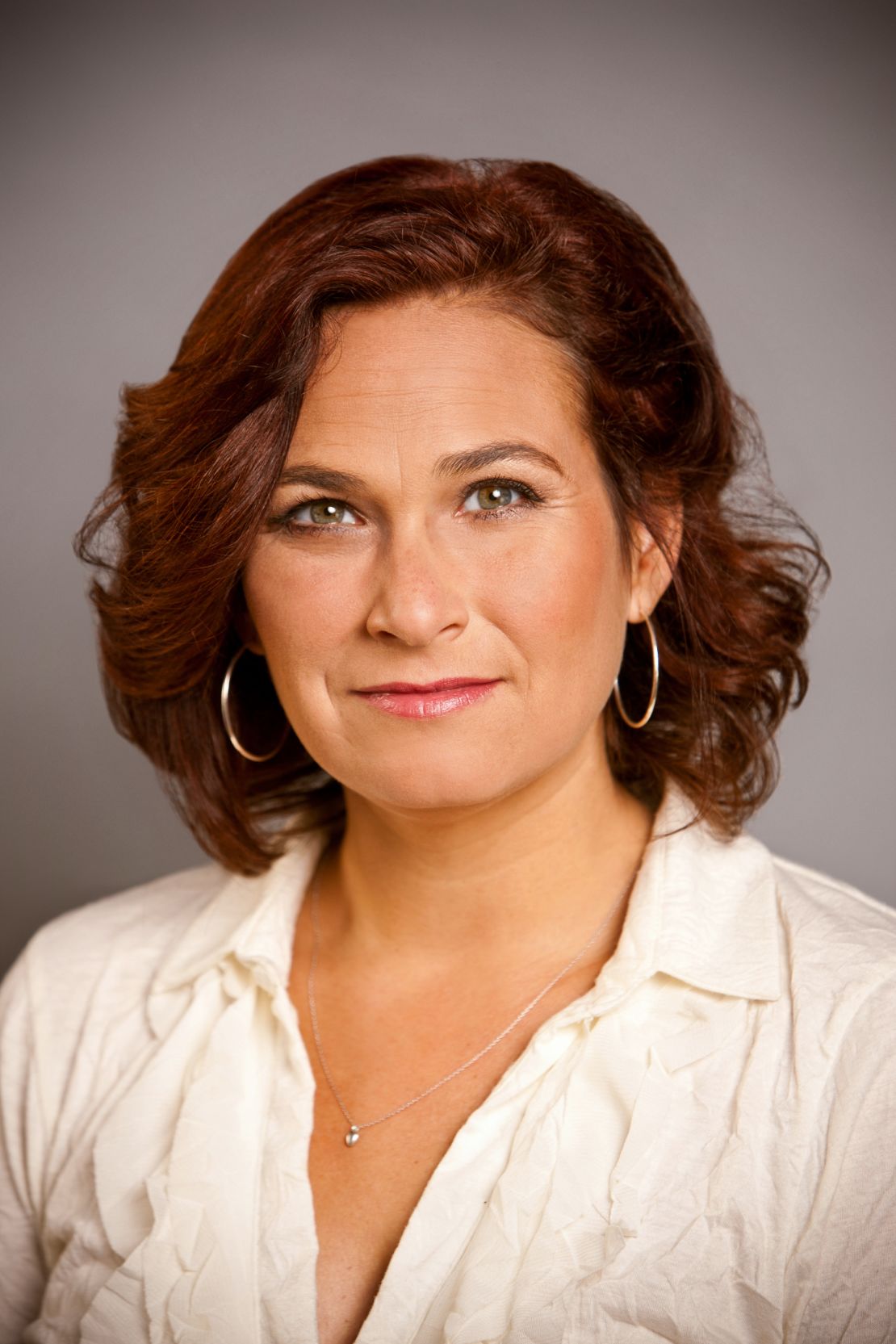
The first laugh line of President Obama’s acceptance speech in Charlotte was in reference to the unprecedented campaign ads battering voters in battleground states. “If you’re sick of hearing me ‘approve this message,’ believe me, so am I.”
While the president spent the bulk of his speech focused on his vision for jobs and rebuilding the manufacturing base upon which the middle class in this country once rested, sprinkled through the speech were references to the unprecedented money flowing into this election. No wonder. Outside groups are far outspending Obama on behalf of Romney, much of that money coming from a handful of ultra-wealthy individuals. Confidence in Congress is at an all-time low and political corruption ranks second on voters list of concerns.
After he built an image of what American could look like under four more years of his leadership – for women, for education, but most of all for getting America back to work – he made his final pitch to voters not to give in to apathy and cede the playing field to the lobbyists and special interests who want to buy our democracy. And that combo may just be his winning ticket.
Ilyse Hogue is co-director of Friends of Democracy, a super PAC aimed at electing candidates who champion campaign finance reform. She is the former director of political advocacy and communications for MoveOn.org and has been a senior strategist to Democratic and progressive groups. She is a regular contributor to The Nation magazine.
Follow us on Twitter @CNNOpinion
Join us on Facebook/CNNOpinion
The opinions expressed in this commentary are solely those of the authors.
